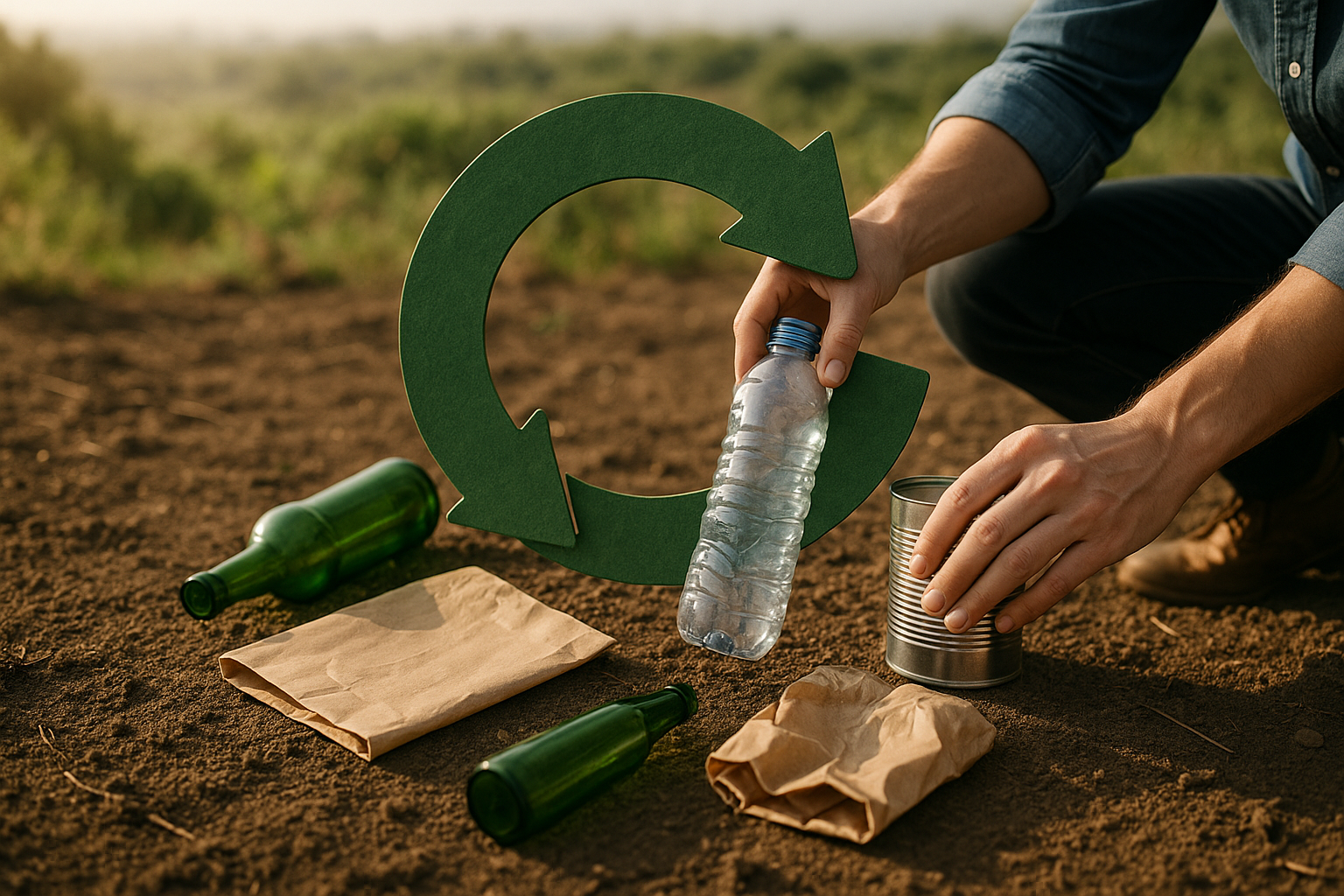Waste Management Jobs in the USA: What to Know About Opportunities in the Sector
Waste management is an essential service with a range of roles that people explore for stable work and meaningful impact. Opportunities may vary by location, but many consider this sector for its structured tasks and potential long-term benefits. Learn more about what to expect in this article.

What types of waste management jobs are available in the USA?
The waste management sector offers a wide range of job opportunities, catering to various skill sets and education levels. Some common positions include:
-
Waste Collection Drivers: Responsible for operating garbage trucks and collecting waste from residential and commercial areas.
-
Recycling Sorters: Work in recycling facilities to separate and sort different types of recyclable materials.
-
Landfill Operators: Manage daily operations at landfill sites, ensuring proper waste disposal and environmental compliance.
-
Environmental Technicians: Monitor and assess environmental conditions at waste management facilities.
-
Waste Management Engineers: Design and implement efficient waste management systems and technologies.
-
Hazardous Waste Specialists: Handle and dispose of hazardous materials safely and in compliance with regulations.
These roles represent just a fraction of the diverse opportunities available in the waste management industry, with positions ranging from entry-level to management and specialized technical roles.
What skills and qualifications are needed for recycling jobs?
Recycling jobs are an integral part of the waste management sector, focusing on the processing and reuse of materials. To excel in recycling roles, individuals should possess:
-
Attention to detail: Accurately sorting and identifying different types of recyclable materials.
-
Physical stamina: Many recycling jobs involve standing for long periods and lifting heavy objects.
-
Safety awareness: Understanding and following safety protocols in recycling facilities.
-
Basic mechanical skills: Operating and maintaining recycling equipment.
-
Environmental knowledge: Understanding the importance of recycling and its impact on the environment.
While many entry-level recycling jobs require only a high school diploma or equivalent, specialized roles may require additional certifications or degrees in environmental science or related fields.
What are typical landfill worker roles and responsibilities?
Landfill workers play a crucial role in managing waste disposal sites efficiently and safely. Their responsibilities often include:
-
Operating heavy machinery: Using bulldozers, compactors, and other equipment to manage waste placement and distribution.
-
Monitoring environmental impacts: Checking for potential contamination and ensuring compliance with environmental regulations.
-
Maintaining site infrastructure: Overseeing the maintenance of roads, drainage systems, and gas collection systems within the landfill.
-
Conducting safety inspections: Regularly assessing the site for potential hazards and ensuring adherence to safety protocols.
-
Record-keeping: Maintaining accurate records of waste received, processed, and any environmental monitoring data.
Landfill workers may start in entry-level positions and progress to supervisory roles with experience. Many landfill jobs require specific certifications, such as a Commercial Driver’s License (CDL) for operating certain types of equipment.
How can one pursue environmental services careers in waste management?
Environmental services careers in waste management offer opportunities to make a significant impact on sustainability efforts. To pursue these careers:
-
Education: Consider earning a degree in environmental science, engineering, or a related field. Many universities offer specialized programs in waste management and environmental services.
-
Gain practical experience: Look for internships or entry-level positions at waste management companies, recycling centers, or environmental consulting firms.
-
Obtain relevant certifications: Certifications from organizations like the Solid Waste Association of North America (SWANA) can enhance your credentials and job prospects.
-
Develop technical skills: Familiarize yourself with environmental regulations, waste management technologies, and data analysis tools used in the industry.
-
Network: Attend industry conferences, join professional associations, and connect with professionals in the field to learn about job opportunities and industry trends.
Environmental services careers can range from environmental compliance officers to sustainability coordinators, offering diverse paths for professional growth within the waste management sector.
What steps should one take to start working in waste management?
To begin a career in waste management:
-
Research the industry: Understand the various roles and sectors within waste management to identify areas that interest you.
-
Assess your skills and qualifications: Determine if you need additional education or certifications for your desired role.
-
Look for entry-level positions: Many waste management companies offer on-the-job training for roles like waste collection or recycling sorter.
-
Consider vocational training: For specialized roles, such as hazardous waste handling, look into vocational programs or certifications.
-
Apply for internships: Gain hands-on experience and industry connections through internships at waste management facilities or environmental agencies.
-
Develop soft skills: Enhance communication, problem-solving, and teamwork skills, which are valuable in many waste management roles.
-
Stay informed about industry trends: Keep up with new technologies and regulations in waste management to remain competitive in the job market.
By following these steps and maintaining a commitment to environmental stewardship, individuals can build rewarding careers in the waste management industry, contributing to a cleaner and more sustainable future.
In conclusion, the waste management sector in the USA offers a diverse range of career opportunities for individuals interested in environmental services and sustainable practices. From entry-level positions to specialized roles, the industry provides paths for professional growth and the chance to make a meaningful impact on environmental conservation. As the focus on proper waste management and recycling continues to grow, so too will the demand for skilled professionals in this essential field.




